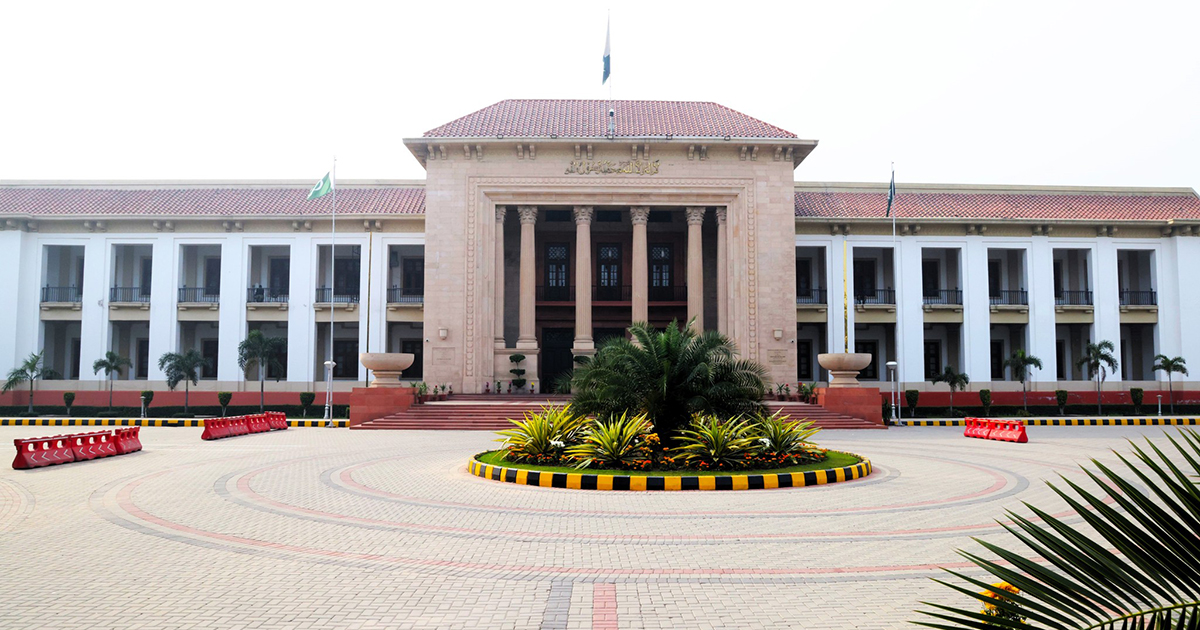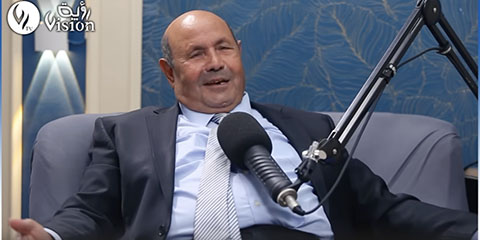The rush to launch English news channels in Pakistan
JournalismPakistan.com | Published 3 months ago | Z. B. Saigol
Join our WhatsApp channel
LAHORE—Suddenly, there's a lot of talk on social media and elsewhere about the necessity for English news channels in Pakistan. Two major media companies have announced plans to restart dormant news channels, and another is preparing to debut.
Quite frankly, I couldn't give two hoots given the dismal performance of such channels in the past. However, noting the excitement and anticipation of some former colleagues and friends in the media, I was prompted to ask, "Is this sudden realization that there are no English-language news channels and that they are much needed really necessary?"
Their answers left me confused and wary.
The Reality Check: Questions That Need Answers
Confused because they had contradictory opinions on why such channels were now needed, and wary because I know what it takes to get one started and the hardships endured before the first step is even taken.
Many questions need to be answered, and a multitude of dynamics need to be taken into consideration before taking that first step.
Understanding the Pakistani News Consumption Habit
I understand that news channels in Pakistan have a loyal following and are something of a habit for many viewers. In offices and at home, when nothing else is on TV, news channels will be playing. Now and then, somebody stops for a while and catches up with the day's unfolding news. Most of the time, that news is delivered in Urdu or a regional language and focuses on local events. There is comfort in familiarity.
The Tiny Niche Market
That being said, some prefer their news in English. They also prefer that they are updated with reports and conversations from international channels like CNN, BBC, Fox, and Al Jazeera. That last niche is very small, and that is exactly my point. Nobody is going to switch from reputable, professional news channels to endure the teething, testing, and struggles of a local channel that lacks both professionalism and direction, not to mention individuals struggling with the complexities of the English language.
The Language Competency Crisis
To counter the last-mentioned, one such channel has employed several people who can speak English but are not journalists. Not only do their over-the-top efforts jar, but they also fail to convince. They lack the background knowledge of the news they are delivering … those little nuances and itsy-bitsy anecdotes that bring life and interest to a news report. In Pakistan, politics, current affairs, especially local, and sports are a national pastime. Everyone has an opinion that is validated through the news. If the complexities and history of certain events are not explained, there is much criticism. Everyone is an expert on something or the other. Generalization fails to convince.
Why Past Ventures Failed
Past such ventures have failed because there is no depth or quality in English news reporting in Pakistan … at least not anymore. The on-screen struggles of reporters with language, expression, and worst of all, grammar, were as painful as getting a colonoscopy.
Mispronounced words and incorrect phrases led to a disappointing viewer experience. This malady was just an extension of the reporting that sub-editors had to deal with and correct in the print media. There was this misplaced notion that reporters working for English-language dailies would make good television reporters, given their experience. Alas, not so. Those very same reporters were the individuals who never read what they had written, leaving that burden to the sub-editors and the news desk to fix and make it readable.
When faced with the camera, these reporters were unable to coherently express themselves, making a laughing stock of themselves through their glaring errors and inability to cope with the language. Likewise, news anchors were found to be either stiff and uncomfortable or trying too hard and falling flat on their faces. That lack of confidence was very obvious.
The Western Education Myth
I've heard it said that to start a successful English news channel in Pakistan, it would make sense that young people who have studied in the West would make good candidates just because they spoke with either an American or British accent.
How so? Unless these individuals studied media or worked in the media during their stint abroad, they would be useless, once again lacking the instinctive nature and abilities of real journalists. I came across an example of this very problem in a recent promotional video for an upcoming Pakistan-based English news channel. The two young individuals, a man and a woman, were completely underwhelmed with their efforts, seemingly at a loss for what to say, how to say it, and how to go forward.
Foremost, the format belonged to a couple of decades ago. There was no spontaneity, no confidence, and certainly no real output from the director/producer. For sure, it's a disaster waiting to happen.
The Staffing Nightmare: Finding Qualified Professionals
But that said and done, how would one go about finding the right staff, journalists who not only have media experience, but also know how to write, shape a story, investigate, have the right sources, who have impeccable character and reputation, and mostly can deliver professionally and convincingly.
A Recruitment Expert's Perspective
I was talking to a colleague, who has moved away from media, but who was a key person in recruiting staff for a news TV channel, as well as an English daily. This is what he had to say: "From day one, any attempt to bring out an English language news channel in Pakistan is going to be an uphill task from the infrastructural point of view as well as professional. The lack of professionals in Pakistan in English-based media is less than five percent. While going through the details of some 800 resumes of candidates for spots in a news channel, I came to the realization that they looked great on paper, but when the time came to interview them, I discovered that 90 percent or more had padded or faked their experience… they had little or no knowledge of how the media works. They were under the mistaken and romanticized notion that it was an easy job and came with many perks!
Likewise, for the daily, there was only one person out of a hundred or so that could write a proper, cohesive report. I got another colleague to give him a separate test because I was convinced this individual had somehow cheated. He had not. So, where do such channels begin?"
The Grammar Catastrophe: A University Professor's Take
Another former colleague, who now teaches at a university in Islamabad, laughed when I asked him about such a venture. He said in Urdu, "Bhai in ko Urdu nahi aati, yeh English may kaisay communicate karein gay?" (They don't know proper Urdu; how will they communicate in English?"
He went on to explain, "To communicate properly, you need to know the language, its nuances, its quirks, the multiple usage of a single word … do you think they have that ability? Let's start with grammar. That is where the most common mistakes occur, and they are so glaring that you would rather not experience them."
The Basic Mistakes That Plague Pakistani English Media
To further make his point, he elaborated, "We need to have acceptable spoken and written English. The current standard is abysmal. To begin with, there is a big problem with the use of articles and tenses. 'The' is used where it should not and not used where it should. 'A' and 'An are frequently used wrongly, sometimes not used at all, specifically when needed. The difference between 'of' and 'off' in usage and pronunciation is disastrous.
Then, there is the mix-up in genders. Whenever there is mention of a woman or girl's husband or relative, you will find, 'His father was sick. His husband died. His uncle was arrested.' It's her, not his!"
Final Verdict: Time for a Rethink
Well, these are just basics. What will happen when it gets a bit complicated? My take on the situation is, if it did not work in the past, what guarantee is that it will work now? Time for a rethink.
In my opinion, I would let this one slide.

























